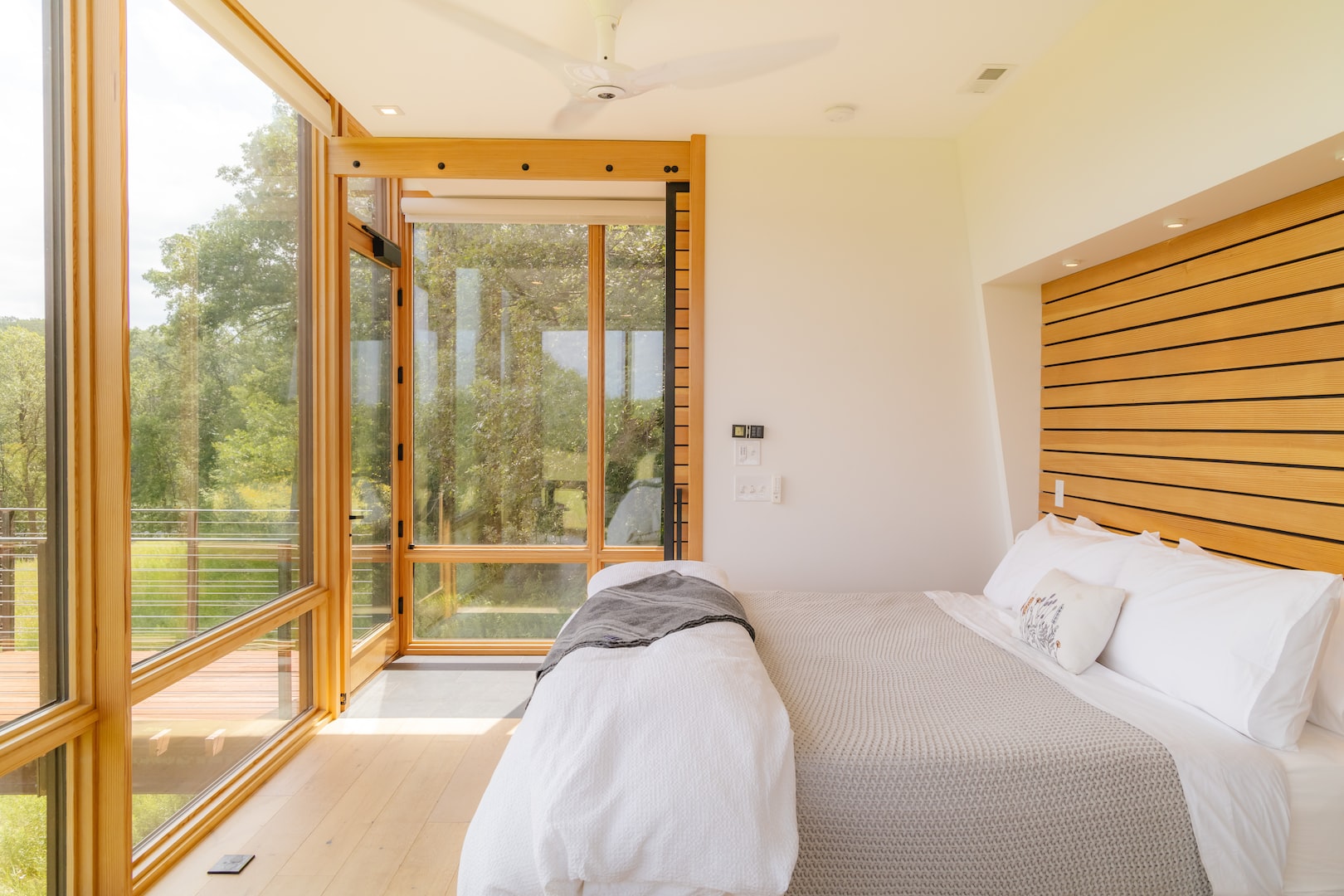retirement using adu income

Whether or not you can retire with an ADU (Accessory Dwelling Unit) income depends on various factors, such as the location, the size of the ADU, the rental income generated, your retirement needs and goals, and your overall financial situation.

house hacking
STRATEGY

House Hacking:
Long-term rental strategy: Renting out the ADU on a long-term basis to generate steady rental income. Short-term rental strategy: Renting out the ADU on a short-term basis through platforms like Airbnb to generate higher rental income but with more work and management. Vacation rental strategy: Turning the ADU into a vacation rental that can be rented out during peak travel seasons to generate higher rental income. House flipping strategy: Buying a property with an existing ADU, renovating it, and then selling it for a profit.
SHORT-TERM RENTAL A.K.A. AIRBNB

Benefits of Short-Term Rental:

AIRBNB DON'T WANT YOU TO KNOW

There are a few potential nightmares or challenges associated with hosting on Airbnb that homeowners should be aware of:
Property damage: One of the biggest concerns for Airbnb hosts is property damage caused by guests. Even with security deposits and insurance coverage, hosts may still be on the hook for repair costs or may have to spend significant time dealing with the issue. Guest behavior: Hosts may also experience issues with guest behavior, such as noise complaints, unruly guests, or illegal activities. These issues can be difficult to manage and may require hosts to take action or involve law enforcement. Cancellation: Airbnb guests have the ability to cancel their reservation at any time, which can be frustrating for hosts who have already prepared their home for their arrival. Legal issues: In some cases, Airbnb hosts may face legal issues related to zoning laws, local regulations, or tax compliance. This can result in fines or legal action against the host. Eviction: Airbnb guests may overstay their reservation or refuse to leave, leading to eviction proceedings. This can be a time-consuming and expensive process for hosts.
Coverage for property damage up to $1 million Coverage for liability claims up to $2 million Coverage for accidental injuries to guests or their property up to $1 million No deductible for hosts Access to a 24/7 claims hotline and support from a dedicated claims team